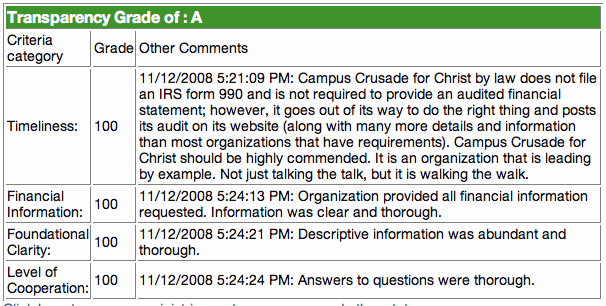I just read Judges 7:1, and was pretty floored by the nickname that Gideon apparently embraces. The previous chapter translates the name Jerubbaal as “Let Baal contend with him.”
Gideon had just destroyed a pagan altar to the god Baal. The modern day equivalent might be burning down a mosque and a whorehouse next door to the mosque. Then he embraces this nickname “Let Baal contend with him.” Basically, by starting to be called that name, he’s essentially saying “bring it on, fake god.” Imagine after burning down the mosque (which I am in no way recommending) you start answering to the nickname “Allah can’t touch this” — with all due respect to MC Hammer.
The attitude of courage and boldness here is pretty intense. While I certainly wouldn’t recommend such a brash approach to people of other faiths as mosque -burning, It does raise the question of why Gideon, Joash, and company were so confident. That’s why there is a distinction to made between brashness and confidence. God had spoken to Gideon specifically, telling him to tear down the altar to Baal. Knowing God had called him to that specific act of destruction gave him the confidence to embrace the nickname. A confidence that God is who He says He is is what motivated Gideon here, not some religious vendetta or agenda.
So much of what I do, by contrast, has been an effort to build my confidence. In high school and college I was the super-Christian “good kid” not because I was confident, but in order to make myself confident. If I kept all the rules, God would surely love me and protect me and my interests. My attitude and actions could not have been father from the gospel. What Gideon does here is completely different from what I did. He acts based on confidence in who God is. He’s still scared–the story indicates that he chickened out of destroying the altar during the day–but he is not acting out of the fear, he’s choosing to trust God at His word.
Even today, my default mode is self-reliance and lack of confidence. I trust in my ability to parent, or to develop ministry partners, or whatever else! But the gospel, the most amazing news ever told, assures me that even in the face of my doubt, sin, and disobedience, God has already won. In Christ, I am victorious. Now, I am free to obey, and even join Gideon in mocking silly religious people that think they can earn God’s favor–with the sincere hope that they will join me in repentance.
What are some ways you can move from fear to confidence in God and his Word? Comment below.

